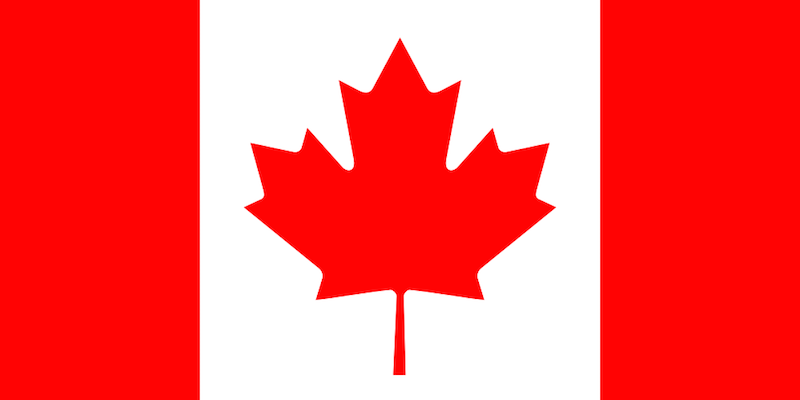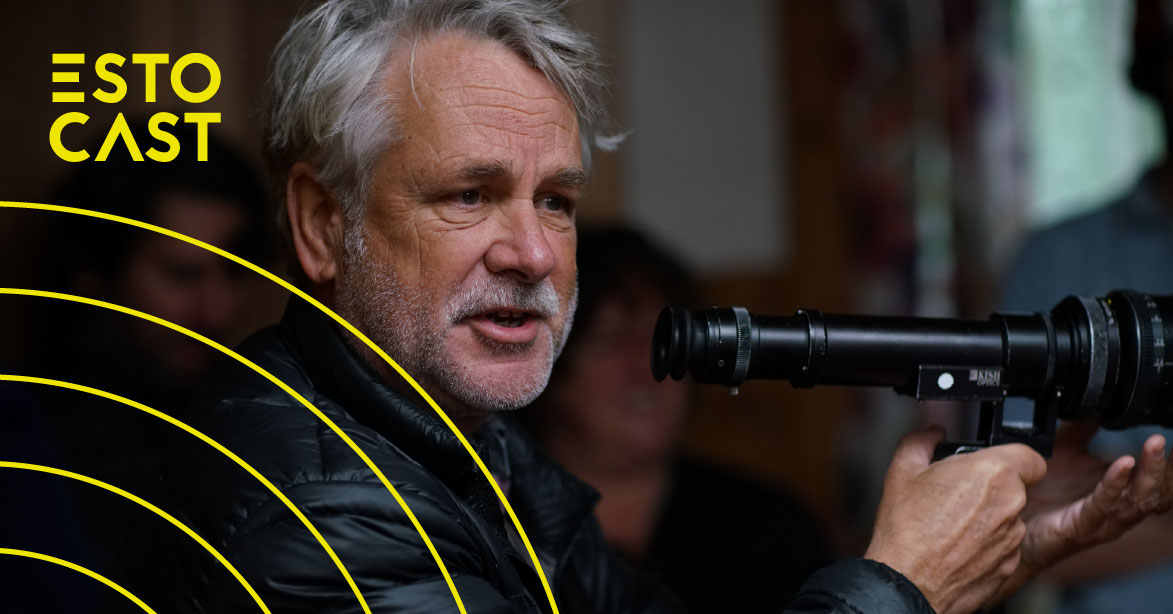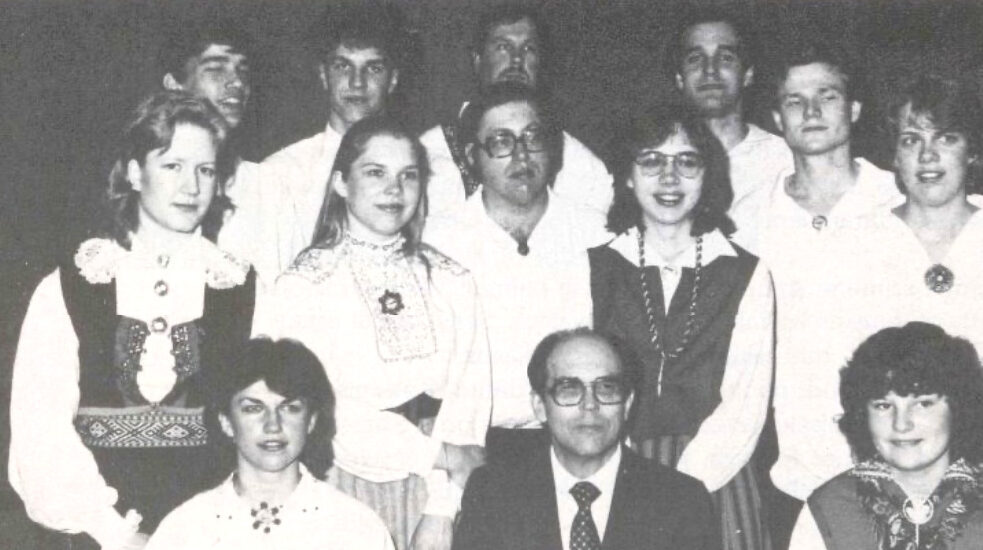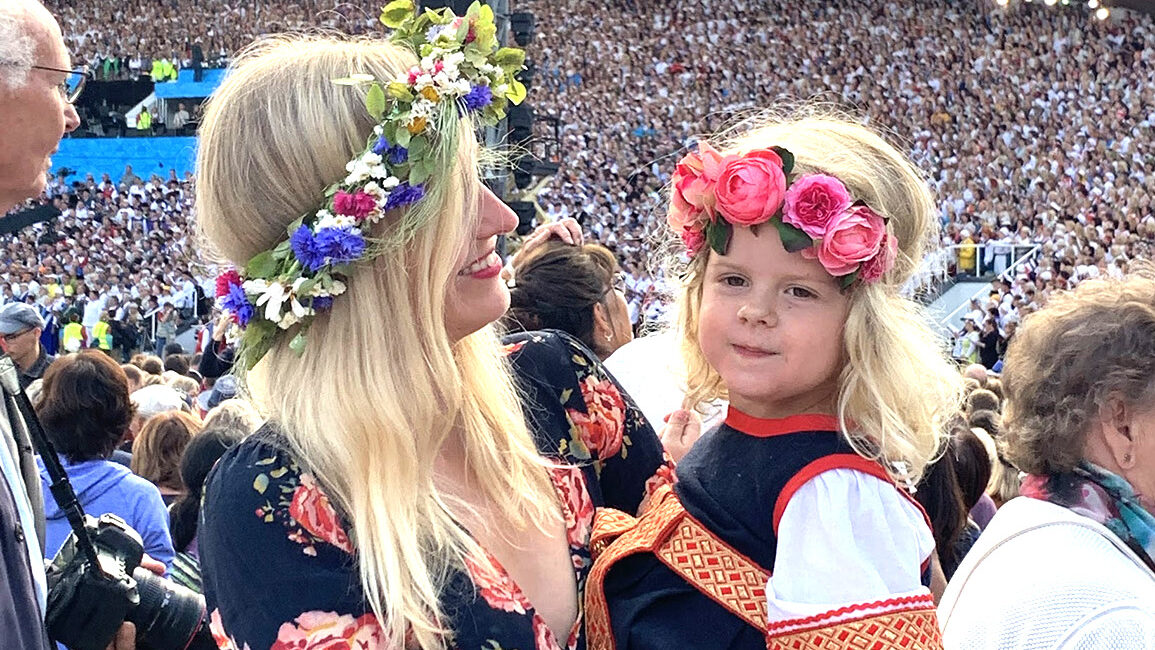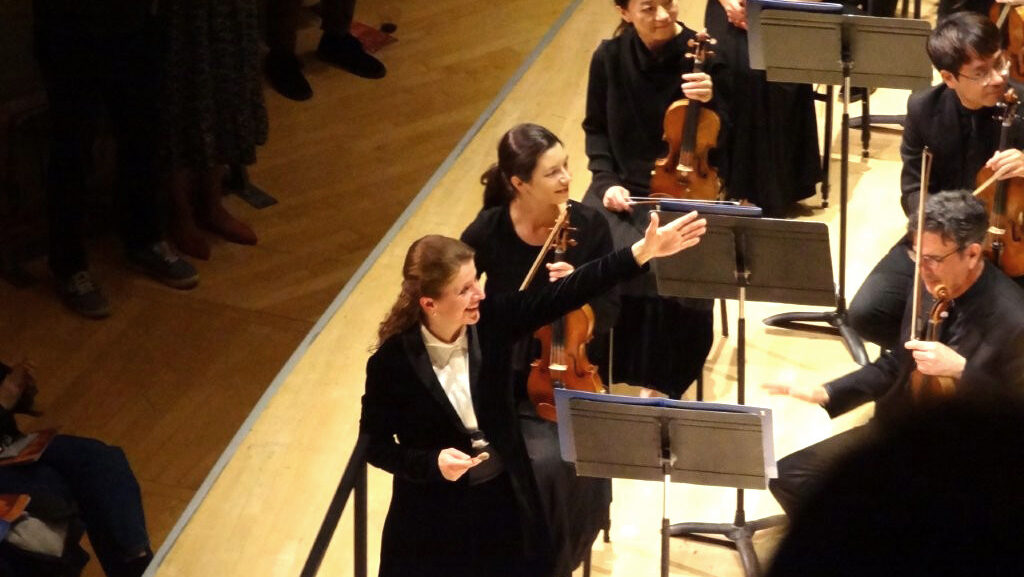The Pact divided Europe into spheres of influence and ultimately threw the world into a Second World War. Before, during, and after the War, millions of innocent people lost their lives due to the Nazi and Soviet anti-human ideologies. After the War, many previously independent nations lost their sovereignty as the “Iron Curtain” fell on Europe dividing it ideologically into the Eastern and Western Block.
After Hitler shot himself in 1945, Stalin continued to implement his murderous and repressive policies until his death in March 1953. (My own mother-in-law, then 15 years old, had to cry at school. To drop a tear, children rubbed their under-eyes with onion.)
Stalin’s heavy hand landed not only on the “liberated” peoples of Eastern Europe but also on the Russian people themselves. It has been argued that during the Stalinist great purges in the 1930s every fourth Muscovite was killed or deported to the Gulag (the Soviet forced labor camp system) in Siberia. At its height, the Gulag network included hundreds of labor camps where many died of starvation, disease, exhaustion, or were executed. The atrocities of the Gulag system have had a long-lasting impact that still permeates Russian society today.
The Russian Federation, the legal successor state to the Soviet Union, has never recognized the Soviet regime’s deportations, which are internationally regarded as crimes against humanity.
President Putin's view that the collapse of the Soviet Union was the “greatest geopolitical catastrophe” of the twentieth century disrespects those nations that were forcibly annexed and suffered under the communist yoke. Clearly, the collapse of the Soviet Union was the collapse of a regime ruled by a sham communist ideology. The disintegration of the Soviet Union was indeed not a great “geopolitical catastrophe” but instead a triumph of freedom and the most significant liberation of captive European nations after WWII.
Today, although originating from Ancient-Greece, the prevailing system of governance is democracy, the rule of the people. Since those times, the notion of democracy has taken a number of forms, both in theory and practice. Some regard their democracy “sovereign” or attach other “characteristics”.
Regardless of manifestation, the meaning of democracy cannot be underestimated since antonyms to it are despotism, dictatorship, totalitarianism and tyranny – words which need no explanation. For Aristotle, however, the underlying principle of democracy is freedom, since only in a democracy can the citizens have a share in freedom and enjoy liberty.
According to the Economist Intelligence Unit’s Democracy Index for 2020, Canada ranks as one of the strongest democracies in the world. Living in a democracy can help ensure that a person will be protected from arbitrary detention or death caused by a tyrannical regime. Democracies do not go to war against each other but uphold and protect human rights and the right to life. The Soviet communist regime, however, deprived millions of people of that right.
Canadian Parliament’s unanimously adopted resolution in 2009, introduced by Ambassador Bob Rae, calling on all Canadians to recognize August 23 as the Black Ribbon Day proves the strength of Canada’s democratic credentials. Who else but Canada, a land of refuge, knows better the price of human suffering and the hope and freedom it has provided for so many people. The families of millions of Central and Eastern Europeans who fled communist and Nazi terror have helped build the modern, vibrant and tolerant nation Canada is today.
In this respect, the memorial to the Victims of Communism is the right thing to do. It is not a controversial issue since the victims cannot speak for themselves. It is a moral issue reflecting the history, identity, and values of Canadians.
Many Central and Eastern European communities appreciate the decision to erect the monument and anxiously await its completion. All victims – Belarussians, Estonians, Jews, Latvians, Lithuanians, Ukrainians, Russians and others – deserve to have their memory honored and celebrated. The monument will remind us of the price of crimes against humanity, which are timeless, and the value of human life.
Ambassador Toomas Lukk, Estonian Embassy in Ottawa
